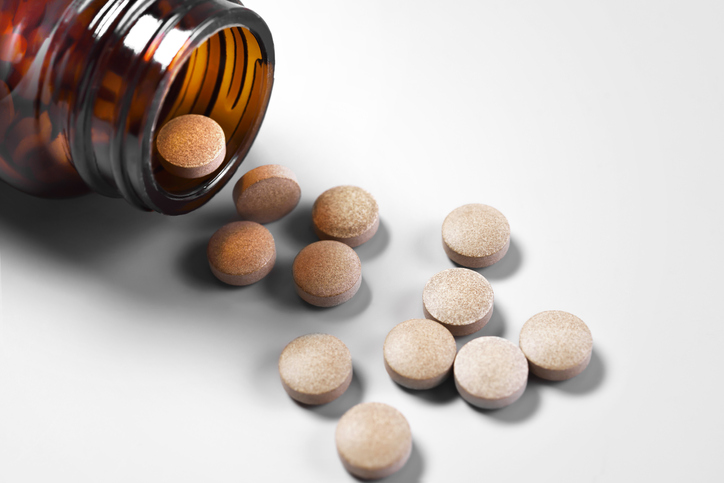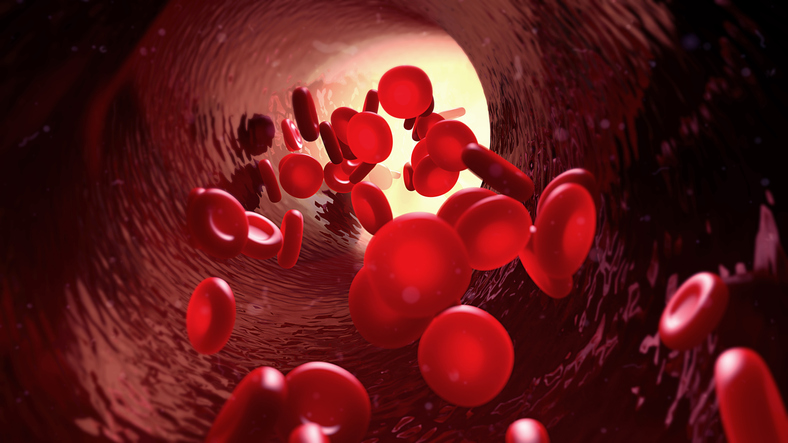
Iron is one of the most important minerals for maintaining the health of the body. Along with many important processes in the body, iron is vital to the function of hemoglobin – a protein needed to transport oxygen in the blood. Unfortunately, low iron levels are common in many people, limiting their daily functions and causing frequent bouts of illness. For many people, iron supplements are a good solution to combating their nutritional deficiency. Those in a nutrition and health program will develop an understanding of basic nutrition, planning healthy diets, and the role of different foods in the health of the body. Read on for a guide to iron supplements and how you can advise others in a professional capacity.
Health Benefits of Iron
While all human cells contain iron, it is primarily found in red blood cells and plays a vital role in boosting the production of hemoglobin in the body. Iron helps to preserve many vital functions in the body, including:
- General concentration
- Gastrointestinal processes
- The immune system
- Regulation of body temperature
- Muscle endurance

Iron supports the role of hemoglobin in the body
The benefits of iron often go unnoticed, until a person suffers a deficiency. Low levels of iron in the diet can affect the efficiency with which the body uses energy. Since iron delivers oxygen to both the muscles and brain, it is a crucial factor in one’s mental and physical performance. Those with an iron deficiency may suffer from a lack of focus, increased irritability, and reduced stamina. Graduates of nutrition and health programs should learn to identify and diagnose these symptoms in their role as nutrition educators or health and wellness coaches across different facilities.

Iron supplements can help those suffering from a lack of concentration or energy
Who Can Iron Supplements Benefit?
Most people get sufficient levels of iron from their diet, however, certain conditions or lifestyle choices can make it necessary to take iron supplements. The Recommended Daily Allowance (RDA) of iron depends upon a person’s age and sex. Iron supplements can help when people find it difficult to take in enough iron through their diet. Generally, these people include:
- Pregnant women
- Those on plant-based diets
- Athletes
- Those with gastrointestinal disorders e.g. celiac or Crohn’s diseases
- Women who experience heavy periods
Iron deficiency most commonly affects young female athletes, particularly female endurance athletes such as long-distance runners. A lack of iron in these cases can greatly reduce athletic performance, as it limits the body’s efficiency at transporting oxygen to the muscles. Those earning their diploma in nutrition will explore the nutritional demands of sport and how to optimize both health and performance through aids such as iron supplements.

Those with a nutritionist certificate should note the effects of iron deficiency on athletic performance
Things to Consider After Earning Your Nutritionist Certificate
When advising others in a nutritional capacity, it’s important to understand their individual needs as well as the limitations of iron supplements. Performing a blood test is one of the best ways to diagnose low levels of iron in a person since the symptoms can often be difficult to read. For those with an iron deficiency, doses for iron supplements can be as high as 60 to 120 mg per day. Generally, this applies to pregnant women or those with severe deficiencies. In doses that high, individuals may experience common side effects such as nausea and stomach pain. Delivering doses in smaller amounts throughout the day can help to alleviate those effects. Beyond that, nutritionists should work with clients to develop a diet plan that will help them reach their nutritional goals.
Are you ready to start your career with a nutritionist certificate?
Contact the Academy of Applied Pharmaceutical Sciences today!



